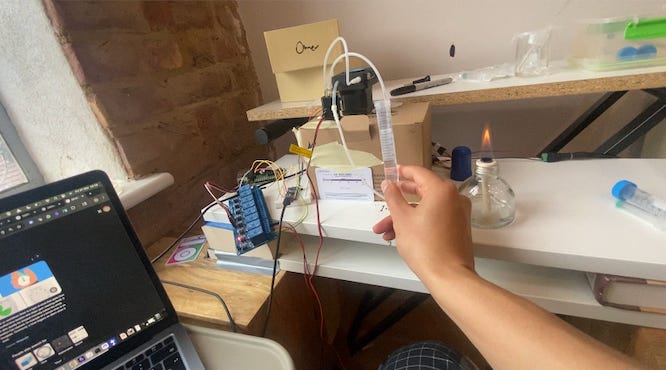With the head of the BBC and its head of news resigning, this week has been one of chaotic turmoil for the organisation.
The proximate cause — a sloppy edit of a Trump speech from four years ago — doesn’t fully explain the sudden disorder at the top of the BBC.
This comes after a period during which the BBC has repeatedly been stung by culture war controversies, particularly Bob Vylan’s Israel comments earlier this year and a case involving a news presenter rolling her eyes at the phrase “pregnant people.”
The unspoken accusation is that the BBC doesn’t represent socially conservative-minded people and pushes a liberal agenda through subtle bias.
Like most culture war arguments, this is hard to be objective about. One problem that the BBC does objectively have is Brexit. Nearly ten years on from the referendum, and five years from the initial implementation, it still causes division. The Chancellor recently included it in a list of causes for British economic woes.
With over 17 million people voting for Brexit, it’s hard to argue they were well represented when it’s known that almost no one working for the BBC did so. That’s pretty objective.
I think the BBC is in for a rough time ahead. Culture war aside, its problem reduces to two main arguments:
While technically not a tax, the archaic and anachronistic way in which the BBC is funded — the licence fee — looks an awful lot like a tax.
It’s long been a problem for the BBC, with some right-wing newspapers regularly attacking the BBC’s content, usually with the corollary: “Why are we being forced to pay for this?”
The obvious solutions are to fund it out of general taxation or move the BBC to a subscription model — or some combination of both (a news/entertainment split).
I don’t think the status quo will remain viable for too much longer. The licence fee may survive the next funding review in 2027, but I’d be surprised if it isn’t reformed before the one after that.
The information environment is, frankly, soiled. BBC News is in the unenviable position of having to compete with TikTok, Instagram, and X when trying to provide news coverage.
It’s easy to criticise people who get their news from social media. But to be clear, the biggest problem isn’t that it’s left-wing or right-wing — it’s that social media tends to cover the news in a very shallow and emotive way.
It’s well established that people form opinions and beliefs very easily, but then hold on to them tightly. The phrase “strong convictions, loosely held” was coined to help address this flaw in human nature.
Social media has been compared to the printing press in terms of how much it has changed how people consume information. While it’s unlikely to have the same long-run effects (most notably enabling Protestantism), it’s clearly a big deal.
I genuinely don’t know how this plays out, but some reform is inevitable. Whether that goes beyond the funding model, we shall see.
The BBC has underestimated how naturally conservative a large section of the British population is.
I’m reminded of an anecdote from Ed Miliband’s time as Labour leader. While under pressure to support an in/out EU referendum, an unnamed adviser reportedly said, “We don’t want a referendum on the EU for the same reason we don’t want one on the death penalty — we’re not sure we would win.”
At least since Brexit, and possibly long before, the BBC has been naïve about just how illiberal many British people are.
I’m not encouraged by some of the rhetoric coming from the departed Director-General and Head of News, suggesting that the BBC needs to “fight for its journalism.”
A less combative, and genuinely liberal, approach would be to engage in some introspection and honestly ask whether the BBC could better serve the people who fund it.
.png)



